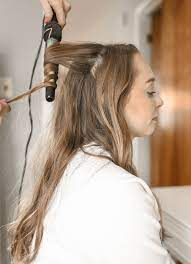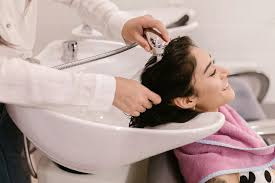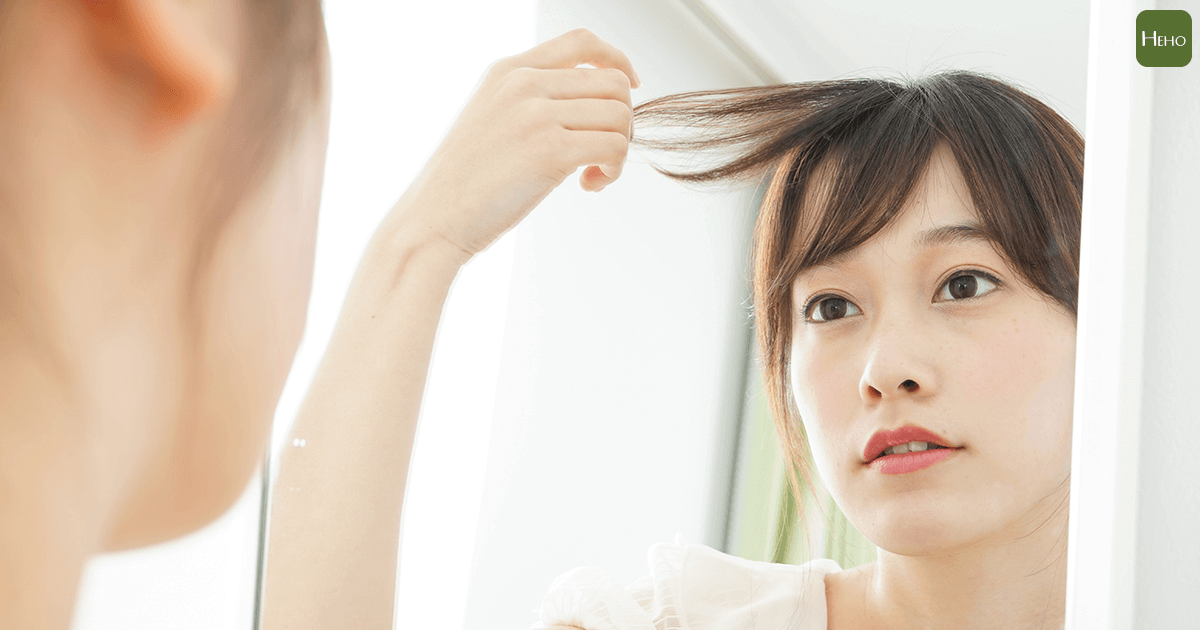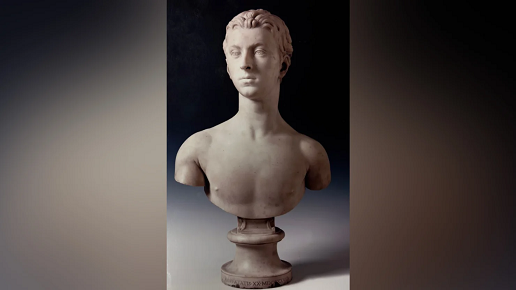According to statistics, up to 90% of Taiwanese people have scalp problems. Doctors remind you that regular scalp check-ups are necessary to understand your scalp type. If abnormal inflammation, dandruff, or hair loss is found, you should seek medical examination promptly, and get treatment prescribed by a dermatologist.
The hot and humid summer in Taiwan exacerbates scalp issues, making it more uncomfortable for sufferers. Statistics show that up to 90% of Taiwanese people report scalp problems in such climates, with "oily scalp" being the most common. Additionally, 40% of people indicate they have hair loss issues.
Just like the body, the scalp needs regular check-ups. Only by understanding your scalp type and adopting proper daily care routines can you avoid scalp crises caused by hot and humid weather. It is noted that awareness of scalp issues among the public is generally low, and many only seek help when significant symptoms such as hair loss and inflammation appear, by which time hair follicles may have entered the resting phase and stopped growing hair.

With proper daily care habits and suitable hair products, you can bid farewell to hair loss. Image provided by Pxhere.
In daily life, improper scalp cleaning can cause surface oils to combine with dead skin cells and dirt, forming "solid sebum" that accumulates on the scalp and hair roots. This cannot be thoroughly removed with regular shampoo, and over time, can lead to oily, flat hair, unpleasant odors, itching, and follicle inflammation. Regularly checking scalp conditions and using suitable shampoo and hair care products is recommended.
Among patients seeking help for scalp problems, 4 out of every 10 report hair loss issues, and there is a noticeable trend towards younger patients. A "dermatoscope" can be used to preliminarily assess scalp conditions, checking for abnormal dandruff, inflammation, and redness. It also analyzes the thinning areas and the back of the scalp, confirming the differences in hair thickness and the number of hairs per follicle. If the thinning area has a high proportion of thin hairs or if each follicle has only one hair, it may indicate future baldness.

It is recommended to regularly check your scalp condition and use suitable shampoo and hair care products. Image provided by Pexels.
The three steps to a healthy scalp include "look, ask, and care": regular annual scalp check-ups; consulting with a dermatologist or scalp care specialist; and adopting proper daily care routines with suitable hair products. If improper daily care habits cause scalp discomfort, this can be improved by changing care products, adjusting cleaning frequency, or undergoing scalp therapy. If abnormalities are found during check-ups, prompt medical treatment by a dermatologist is recommended.
Good daily diet and routines are also essential. Sufficient nutrient intake, adequate sleep, and proper cleaning, along with annual scalp check-ups, help maintain a healthy scalp and hair, eliminating scalp problems.







